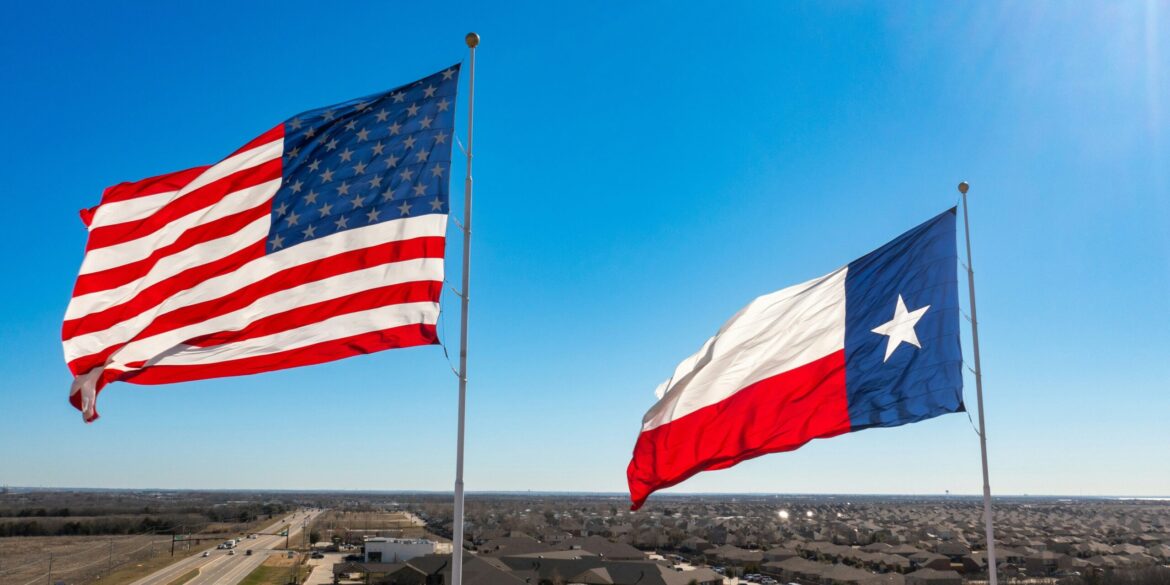Texas and Nevada are in the midst of an increasingly fierce competition for businesses, with both states vying for the title of the nation’s top destination for corporate relocation. With tax incentives, business-friendly policies, and legal reforms, these states have become the epicenter of corporate migration from traditional hubs like Delaware and California. As the business landscape shifts, the question remains: Which state will come out on top as the ultimate corporate haven?
The Allure of Texas: Business-Friendly Legislation
Texas has long been known for its pro-business environment, and recent legislative changes have only strengthened its appeal. In 2025, the Texas state legislature passed a sweeping corporate reform bill that includes provisions designed to limit shareholder litigation, streamline the governance process, and provide tax incentives to companies that relocate or expand their operations in the state. These changes are particularly attractive to companies that want to avoid the lengthy and costly legal battles often seen in other states.
Texas Governor Greg Abbott has been a vocal advocate for these reforms, emphasizing that the state is committed to creating a climate where businesses can thrive without unnecessary interference from the judicial system. “We believe that decisions regarding corporate governance should be left to the businesses themselves, not to the courts,” Governor Abbott stated in a press release following the bill’s passage. The reforms have been touted as a way to help companies focus on growth and innovation rather than getting bogged down in legal disputes.
Several high-profile companies have already taken advantage of Texas’ business-friendly environment. Tesla, for instance, made headlines when it moved its headquarters from California to Austin in 2022, citing the state’s lower taxes, less restrictive regulations, and a more favorable legal environment. Similarly, Oracle and Hewlett-Packard have also relocated their headquarters to Texas, further cementing the state’s reputation as a corporate destination.
Nevada’s Rise: Simplifying Corporate Structures
While Texas has garnered significant attention for its reforms, Nevada has quietly emerged as a serious competitor. Known for its relaxed corporate governance laws and favorable tax policies, Nevada has long been a haven for businesses looking to avoid the complexities of other states’ legal frameworks. In particular, Nevada’s lack of a corporate income tax, combined with its strong privacy protections for business owners, has made it an attractive destination for entrepreneurs and tech companies.
One of the primary reasons Nevada has gained favor among companies is its ease of incorporation. The state offers a straightforward and efficient process for businesses to establish themselves, often at a lower cost than other states. Additionally, Nevada’s corporate laws provide a high degree of flexibility for business owners, including protections against shareholder lawsuits and regulations that allow for easier management changes. This combination of financial benefits and regulatory simplicity has helped make Nevada a popular choice for startups and tech firms.
The Battle for Corporations: Texas vs. Nevada
Despite the advantages Texas offers, Nevada is proving to be a formidable challenger. According to data from the U.S. Census Bureau, more businesses are relocating to Nevada than to Texas, with the state seeing a 25% increase in corporate filings over the past year. While Texas has attracted big-name companies like Tesla and Oracle, Nevada has become the preferred destination for smaller tech startups and privately-held businesses looking for a more flexible corporate structure.
However, Texas remains a strong contender, especially when it comes to larger companies and those in industries like energy, manufacturing, and healthcare. Texas’ size, infrastructure, and diverse economy make it a natural fit for businesses that need access to a large workforce, vast transportation networks, and competitive real estate markets. The state also offers a wide range of incentives, including property tax abatements, grants, and funding for research and development.
What’s at Stake for the Future?
As the battle between Texas and Nevada heats up, one thing is clear: Both states are vying to position themselves as the go-to destination for U.S. businesses. In the coming years, the outcome of this corporate tug-of-war will have significant implications for the U.S. economy. With more companies relocating, each state is likely to see shifts in its tax revenue, job creation, and overall economic health.
For entrepreneurs and large corporations alike, the choice between Texas and Nevada will depend on a variety of factors, including tax policies, legal frameworks, and industry needs. While Texas offers a robust business climate with its expanding tech sector and established infrastructure, Nevada’s focus on simplicity and privacy protections may continue to attract small businesses and startups.
As the competition intensifies, both states are expected to continue refining their policies to ensure they remain the top choice for corporate relocations. Whether Texas or Nevada wins the corporate battle in the long run remains to be seen, but one thing is certain: The corporate migration movement is reshaping the U.S. business landscape in ways that will impact companies, employees, and entire industries for years to come.

